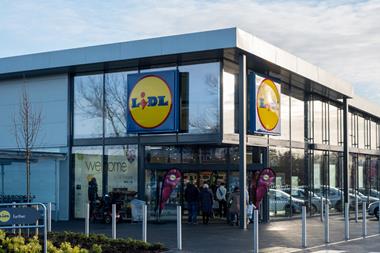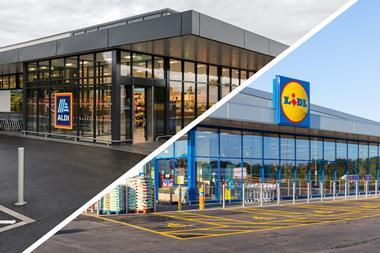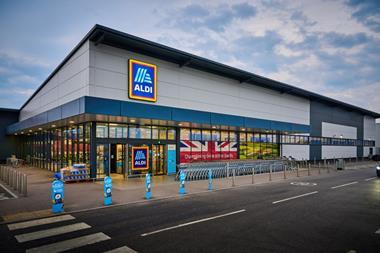
Retail rent debt has reached over £2bn after nine months of government protections against eviction and rent debt enforcement, new data suggests.
Between March 2020 and the end of last year, retail’s debt climbed to £2.2bn, making up more than half commercial tenants’ total debt of £4.2bn.
In December, the government extended protections for commercial tenants until 31 March, by which time they will have been in place for a year.
British Property Federation CEO Melanie Leech claimed the latest figures, from Remit Consulting, showed it was “more important than ever businesses that can afford to pay, but have exploited the moratorium and avoided payment, now pay their debt”.
Leech said the numbers also showed the need for the government to extend business rates relief beyond the end of March, when it is due to expire.
“Those businesses that are truly struggling and have not already engaged [with landlords] will need to come forward, treat property owners as economic partners, be transparent about their finances and work collaboratively to create a sustainable path forwards,” she said.
“The government should do everything it can to incentivise this including extending relief from the crippling cost of business rates in 2021.”
Remit Consulting works with the BPF and other landlord bodies to analyse payment collections on 125,000 prime commercial property leases across the UK.
The latest report shows that, while the total debt is steadily climbing, the proportion of retail’s bill paid each quarter is also rising.
By the last rent payment day at the end of December, retail had paid 74.2% of its bill for the quarter, up from 67.8% at the end of the previous quarter.
Remit also found 37.5% of retail payments due at the end of December were subject to rent concessions, rent holidays or renegotiated terms. The proportion was much higher than that for all commercial property, which stood at 25.6%.
However, the leisure sector had won the most concessions from landlords, at 59.6%.
Many retailers have reset terms with landlords while protected from eviction and rent recovery under the emergency measures introduced by the government last spring.
In June, Poundland told The Grocer how the chain was moving permanently from paying quarterly in advance to monthly in arrears across its estate, as well as inserting Covid clauses into contracts, proving protections in future lockdowns.
M&S CEO Steve Rowe said during a trading update last week that the business had gained similar concessions. “Essentially what we don’t do is pay quarterly in advance anymore,” he said.



















No comments yet